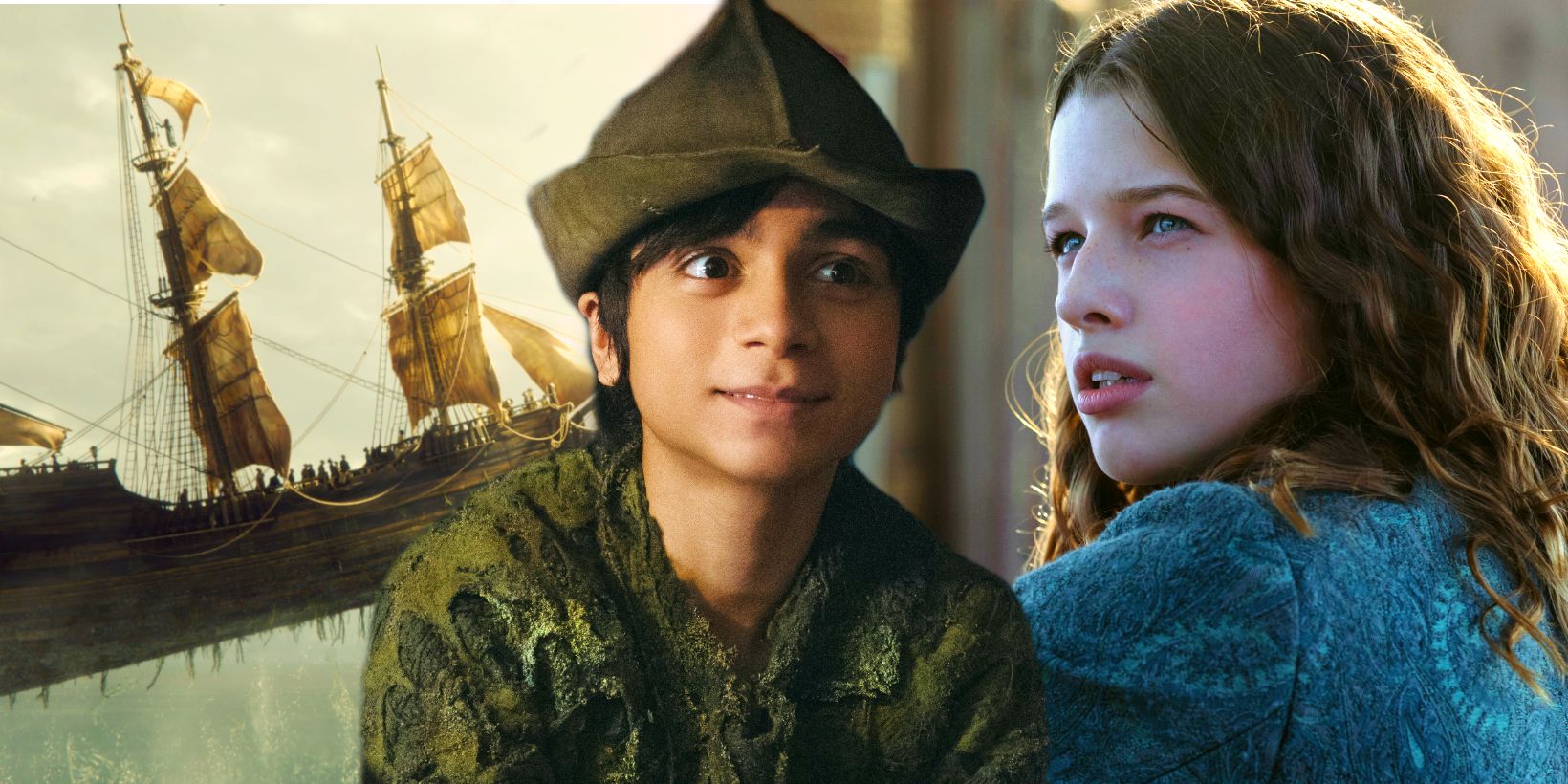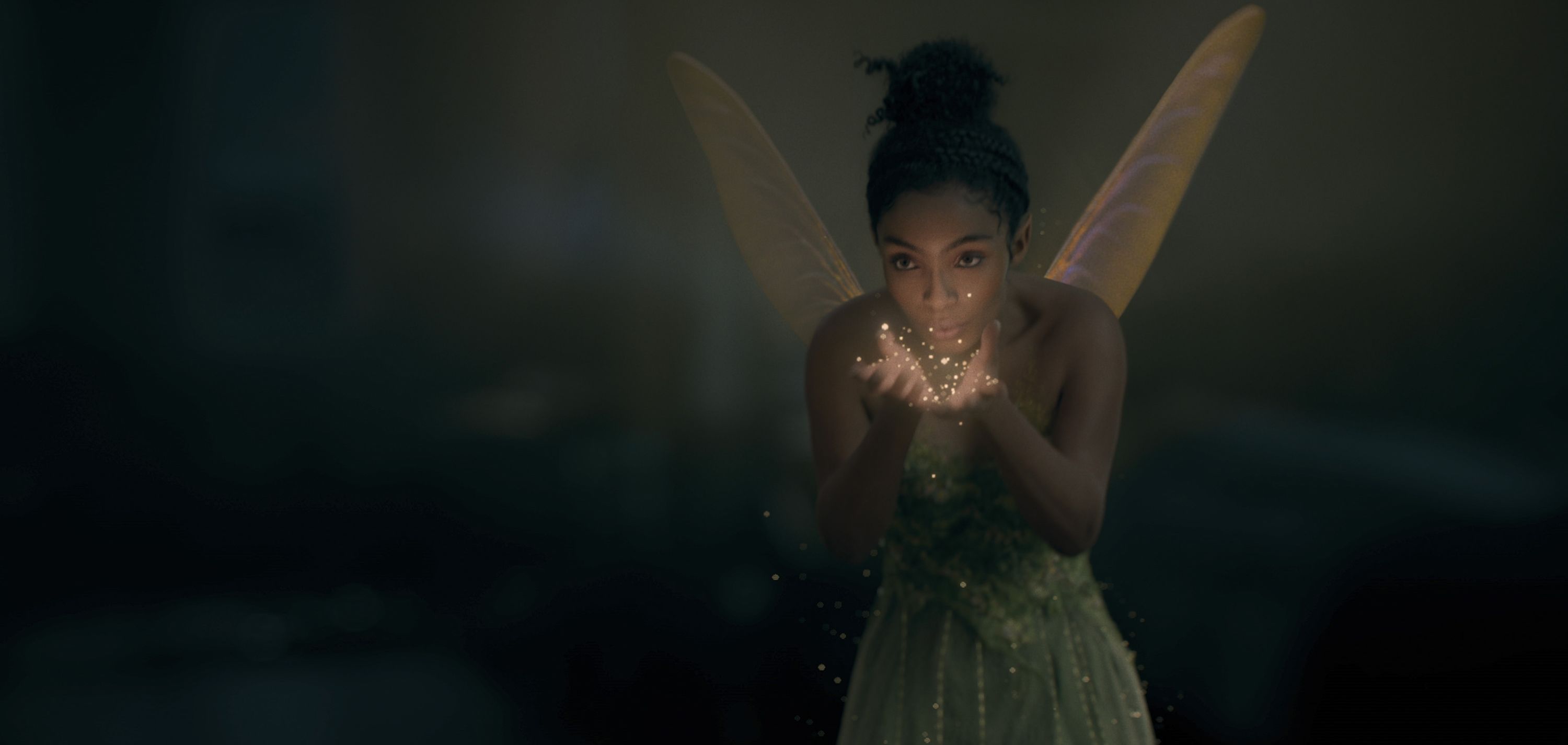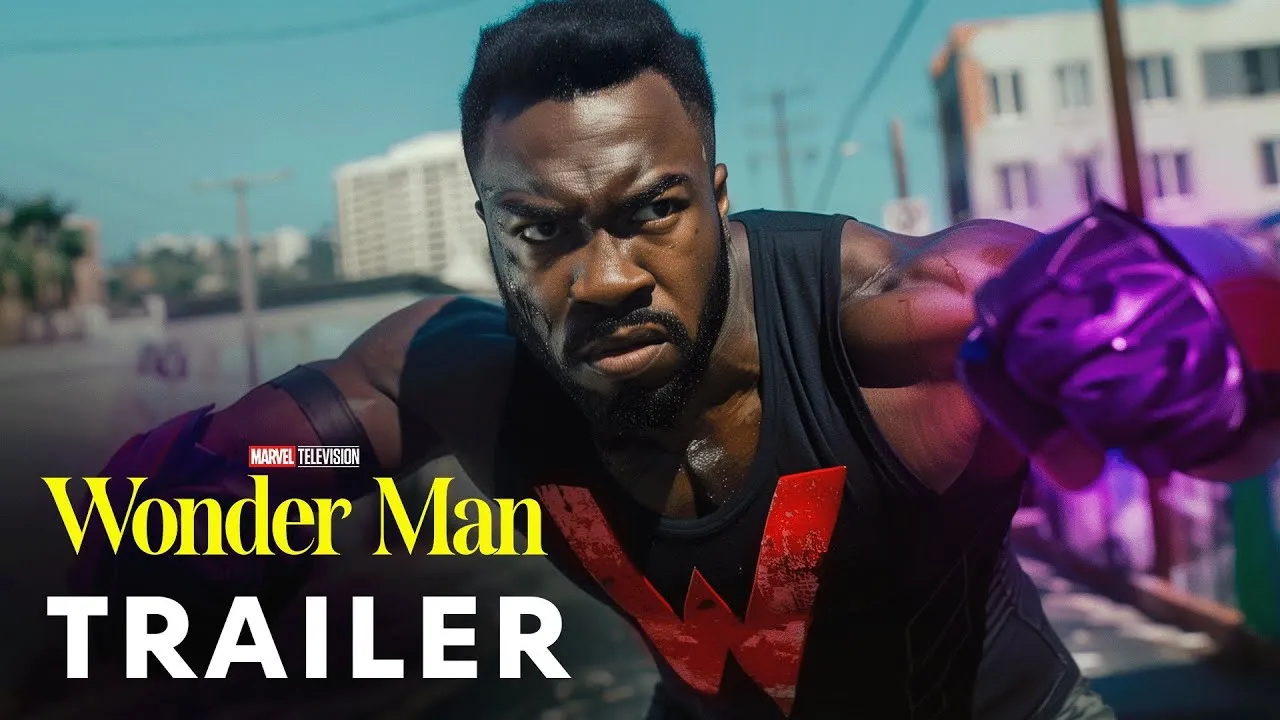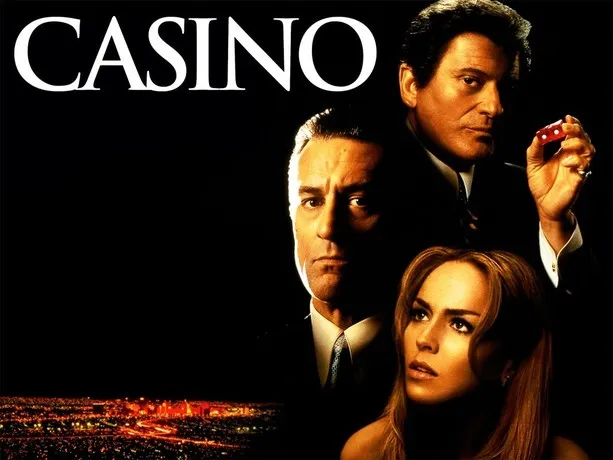Disney’s latest live-action venture, Peter Pan & Wendy, reinvigorates the iconic tale with sweeping visuals, emotional nuance, and renewed purpose for modern audiences. Directed by Chloe Zhao, this adaptation honors J.M. Barrie’s original spirit while deepening the friendship between Peter and Wendy, questioning what never growing up really means—and whether innocence can endure.
The result is not mere nostalgia—it’s a cinematic breath of “second star to the right,” rooted in awe, resilience, and powerful storytelling.
The film opens in Edwardian London, where Wendy Darling (Florence Pugh) feels stifled by expectations to conform. When Peter Pan (Tom Holland) first sweeps through her nursery, it’s with wonder—and urgency.
Transported to Neverland, Wendy witnesses Lost Boys soaring through sunrise skies, mermaids beneath pink coral, and pirate ships lit by fireflies. But this Neverland is at a crossroads: Captain Hook (Ralph Fiennes) is not just a comedic villain, but a man shaped by loss—and determined to control a place that defies time.
What unfolds is a visually lush adventure underpinned by emotional stakes. Wendy becomes a bridge between whimsy and responsibility, questioning whether running from responsibility is worth the cost of losing personal growth. Peter must confront his fear of growing up—especially when the price might be forgetting the people he cares about.
Tom Holland reimagines Peter for a new generation: impish yet vulnerable, courageous yet haunted by loneliness. Gone is the bluster; in its place is a boy still learning what friendship truly means. Holland’s dancing feet and playful grin evolve into scenes of quiet bravery—when he holds Wendy aloft or faces Hook in stark realization that never growing up may not be a gift after all.
Florence Pugh anchors the film’s emotional core as Wendy. Her portrayal balances curiosity and compassion—|not just an observer, but a leader. Her decision to teach the Lost Boys, advocating for kindness even in the face of danger, flips old narratives of passivity. Wendy doesn’t merely tag along—she shapes Neverland.
Ralph Fiennes' Hook is the unexpected heart of the villain ensemble. His rage is painful, born of betrayal and loss. One scene finds Hook staring at his own reflection in the lagoon—and acknowledging that vengeance may have left him as trapped as the children he hunts. It's a layered portrayal of regret and obsession.
The Lost Boys, grounded and diverse, mirror Wendy as they grow from scared children into young fighters for their own future. The mermaids, fairies, and Lost Girls add dimension and humor without sidelining Wendy’s journey.
One of the film’s brightest threads is how it reframes the meaning of “never growing up.” It proposes that holding onto wonder isn’t childish, but choosing to remain emotionally stagnant is.
Neverland explodes with imaginative life—bioluminescent forests, floating lanterns, cloud-shaped creatures. But for Peter, it masks a fear: growing up might mean losing himself. That fear bursts into the open when Hook stabs him and his shadow fades—literally and metaphorically. Peter must challenge the idea that maturity equals forgetting joy.
Wendy’s arc flips the classic “save the boy” trope. Instead, she learns the true power of storytelling, connection, and guidance. Growing up doesn’t dilute courage—it amplifies it.
Chloe Zhao’s directing is surprising in its softness and attention to nature. Wide, sweeping shots of Neverland resemble dreamscapes, with shimmering forests and cloud islands. When battles happen, they’re immersive and kinetic—not flash for flash’s sake—and they emotionally land because stakes are character-driven.
The film blends cutting-edge CGI (like talking cloud whales) with practical sets, giving it an organic sense of scale. Costume design marries feather-caps and patched trousers with worn leather—symbols of Neverland’s rugged freedom.
The score—an ethereal tapestry of harp, piano, and Darragh Ó Ciardha’s soaring theme—ripples through scenes of wonder and loss. The familiar Peter Pan melody echoes but never feels stale; instead, it's reimagined with new emotional resonance.
Peter Pan & Wendy is not just another retelling—it’s a thoughtful reinvention. It encourages audiences to think again about growth, memory, and the costs of longing to stay forever young.
The performances are heartfelt; the visuals transportive; the themes elegantly woven. The movie doesn't ask you to forget your responsibilities—it asks you to bring wonder back into them.
For families, this film reassures younger viewers that growing up doesn't mean giving up magic. For older fans, it reminds that holding onto curiosity is a choice you can still make—whatever your age.





-1750991024-q80.webp)

